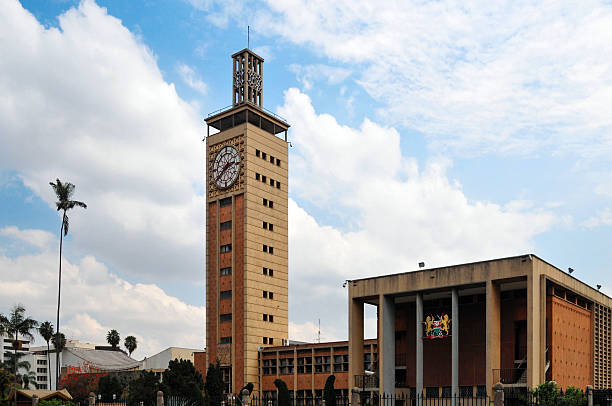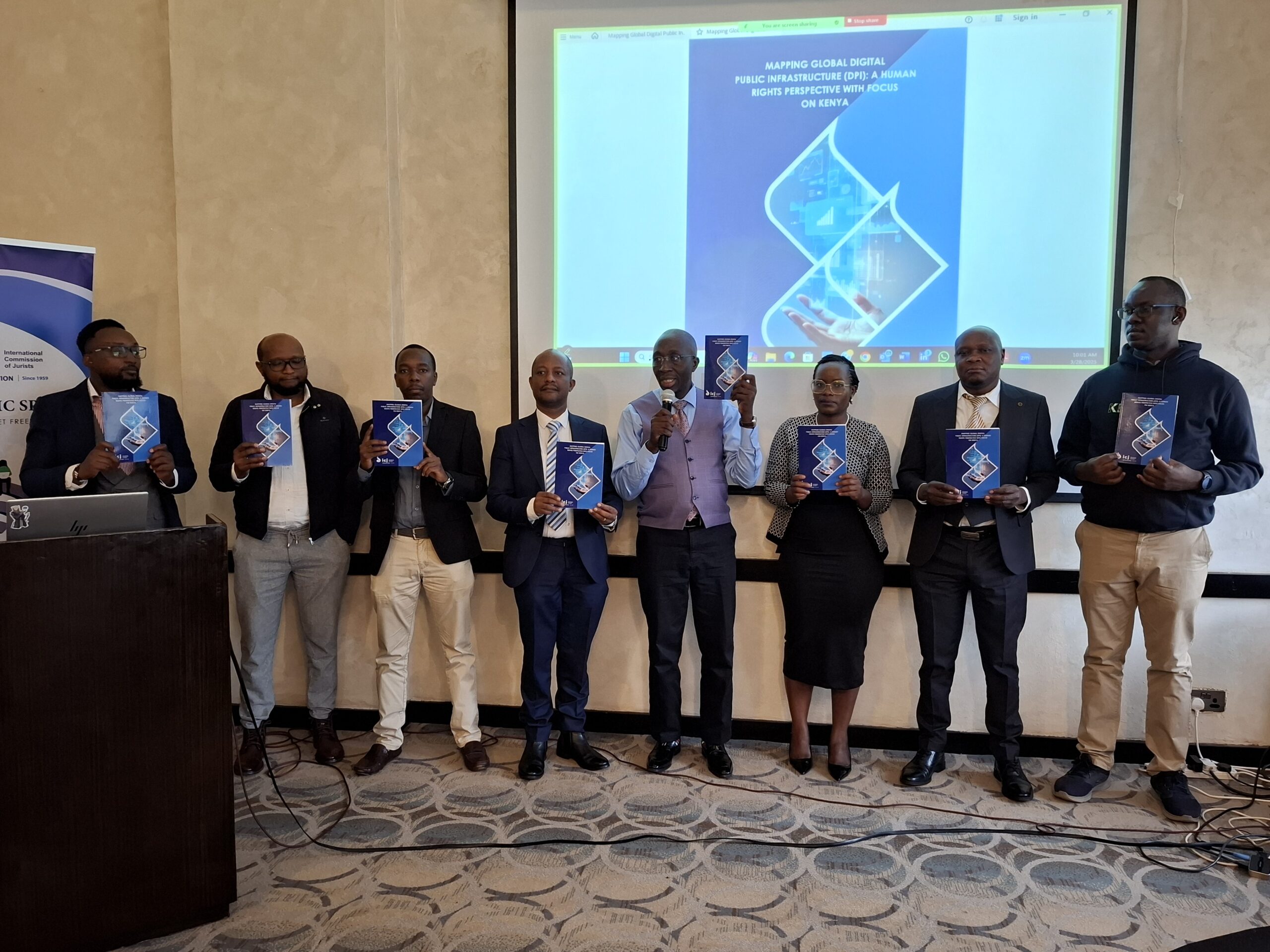NAIROBI,Kenya – Last year, while approving the 2024 Budget Policy Statement, Parliament made a resolution that to improve the gender responsiveness of government policies, the National Treasury should include a section on the gender responsiveness of policy proposals before the finalization of the 2025 Budget Policy Statement.
The Public Finance Management Act prescribes that the Cabinet Secretary shall take into account resolutions passed by Parliament in finalising the budget for the relevant financial year. It also requires the Cabinet Secretary to submit a memorandum explaining how the resolutions adopted by the National Assembly on the budget policy statement have been taken into account.
In this regard, the National Treasury in this year’s 2025 Budget Policy Statement indicates that the government is committed to embracing gender-responsive budgeting to ensure the achievement of equity between genders. The 2025 Budget Policy Statement also outlines strategic interventions targeting women and awareness creation activities on gender equality. However, the question remains: is this enough?
According to the 2025 Budget Policy Statement, the government will continue empowering women economically through capacity building and facilitating access to affordable loans through the Hustler Fund, Women Enterprise Fund and other affirmative action funds.
In addition to the above, the government will prioritize the implementation of measures to ensure zero tolerance for female genital mutilation, gender-based violence (GBV) and femicide. This will be achieved through awareness campaigns, providing GBV essential services to survivors, establishing rescue centres, safe houses and gender desks in all police stations, as well as, capacity building of GBV duty bearers and police officers on GBV.
The government will further promote gender equality by integrating gender perspective in all policies, programmes and projects. This will entail training ministries, departments, agencies, and county governments on gender-responsive budgeting and analyzing their levels of compliance on gender mainstreaming policies. It will also develop a framework to implement the two-thirds gender principle in elective positions and a legal framework to operationalize it.
At this juncture, it is important to note that all the above-mentioned strategic interventions fall under the women’s agenda enabler in the 2025 Budget Policy Statement and only make up a small part of the total budget. The core pillars of the 2025 Budget Policy Statement such as healthcare, agriculture, housing, digital superhighway and creative economy, and Micro, Small and Medium Enterprise (MSME) barely include gender interventions. While the 2025 Budget Policy Statement has laid a solid foundation for addressing gender issues, there is room for improvement.
The annual budget policy statement could be strengthened to ensure a more comprehensive approach to gender equality. For example, the 2014 Guidelines for Gender Responsive Budgeting in Kenya recommends that the budget policy statement incorporate specific measures to address gender equality by drafting a corresponding gender budget statement.
The gender budget statement should outline gender equality priorities, strategic objectives, expected outcomes, programmes and resources proposed to address gender equality issues in each sector. It should also review the results of the previous year’s gender budget statement.
However, the 2014 Guidelines for Gender Responsive Budgeting are not legally binding on the government, so the government is not obligated to follow them when making budgets. Kenya still does not have a legal and policy framework to guide gender-responsive budgeting. The National Assembly needs to accelerate action for gender equality by making gender-responsive budgeting a legal requirement. This will ensure mandatory implementation of budgets that are gender-responsive by the national and county governments.
Christine Akinyi is an Advocate of the High Court and a Programme Officer at the Kenyan Section of the International Commission of Jurists (ICJ Kenya). This article was first published on the Daily Nation Newspaper.











